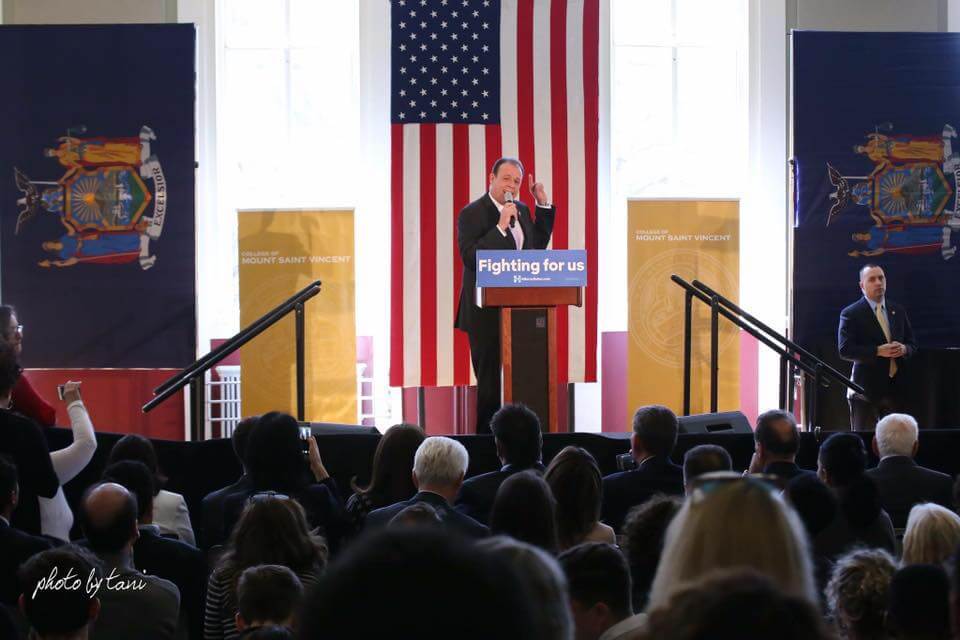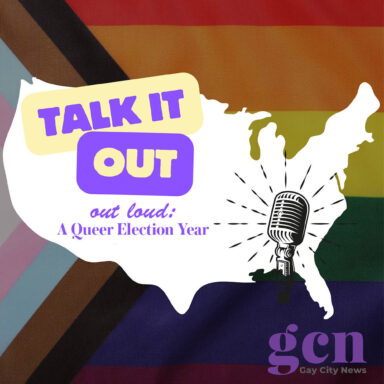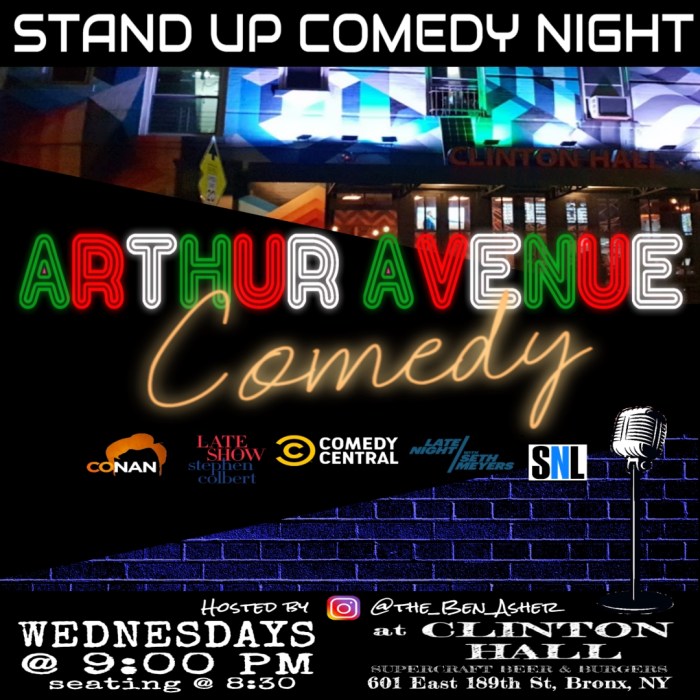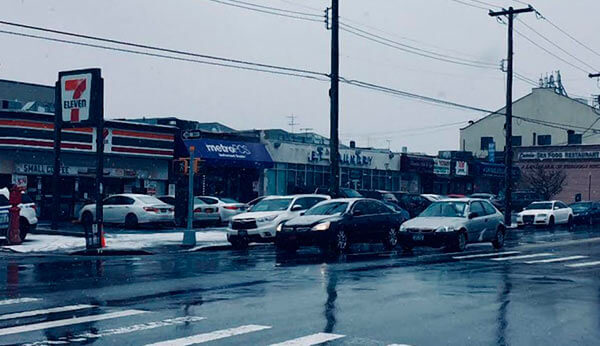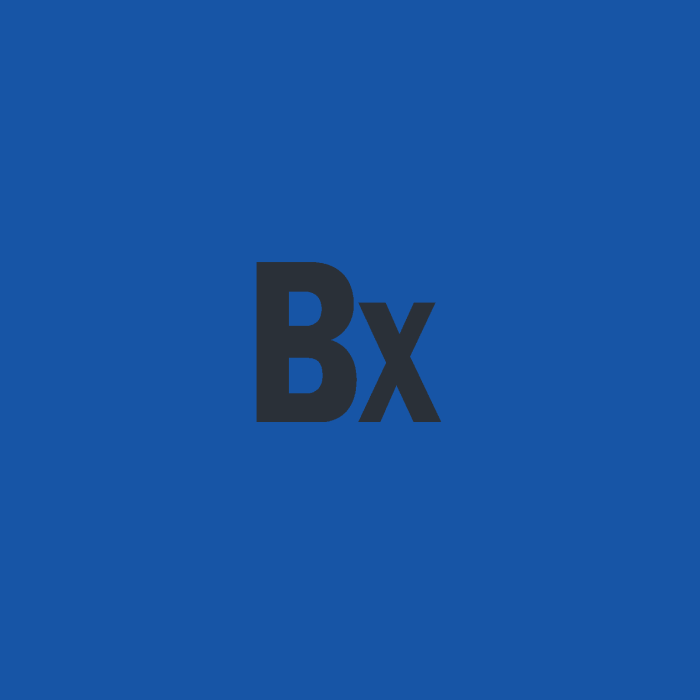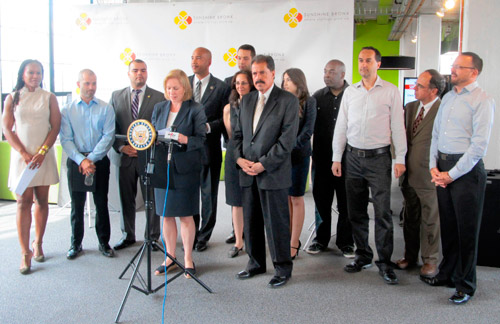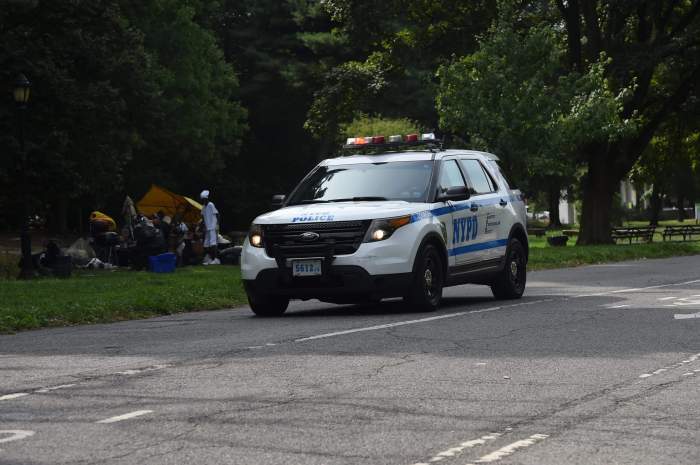As more than 90 percent of surveyed restaurants, bars, and nightlife establishments were unable to pay their December rent in 2020 it is obvious small businesses need help.
On March 1, Councilman Mark Gjonaj, chair of the Small Business Committee unveiled two bills that could reshape New York City’s small business regulations. The legislation would cut fees, waive some penalties and add cure periods that allow businesses to correct issues before having to pay for certain infractions.
If approved, it will attack regulatory reform through two strategies: short term COVID relief that seeks to retroactively refund penalties for infractions that occurred and/or were paid by the businesses during the pandemic and permanent reforms that will take effect after the COVID-related bill has expired.
The bills, which directly impact over 183 different small business rules will reform regulations across the top five city agencies that govern the operations of small businesses, including sanitation, health, transportation, consumer affairs, environmental protection and buildings will cover infractions from incorrect storefront signage and noise issues to placement of commercial waste containers and operation of sidewalk café.
“For too long, small businesses and our city agencies have had an antagonistic relationship,” Gjonaj said at the hearing. “Small businesses view our local government as a hindrance to their success and the enemy. As the Chair of [the Small Business] Committee, it has been my priority to make New York City a friendlier environment for a small business to start, succeed, grow and expand.”
Details of the two bills are as follows:
- The COVID-related reform bill (Intro 2234) would provide temporary civil penalty relief for small businesses from certain sanitation, health, transportation, consumer affairs, noise control and buildings violations. Retroactively, from March 12, 2020 until legislation establishing long-term civil penalty relief takes effect, it would waive certain penalties and refund certain penalties already paid. From the effective date of legislation establishing long-term civil penalty relief until the expiration of New York City Executive Order No. 98 of 2020, it would allow for additional cure periods or no penalties for second or third violations as well as additional civil penalty relief.
- The permanent reform bill (Intro 2233) would provide civil penalty relief for small businesses from certain sanitation, health, transportation, consumer affairs, noise control and buildings violations. It would set fixed penalties at the bottom of existing penalty ranges, lower existing penalty ceilings (or sometimes set a lower fixed amount), or lower existing fixed penalties. The bill would allow a cure period for a first violation, or it would eliminate the civil penalty and require a warning for a first violation. For some sanitation violations, where the bill would eliminate the first violation civil penalty, a cure period would be allowed for a second violation. This bill would also reform the consumer affairs notice of violation process; repeal licensing requirements for amusement devices, arcades and gaming cafes and laundries and repeal the prohibition on bingo after 6 p.m. on Sunday. The bill would allow electric pedal-assist motors for pedicabs.

